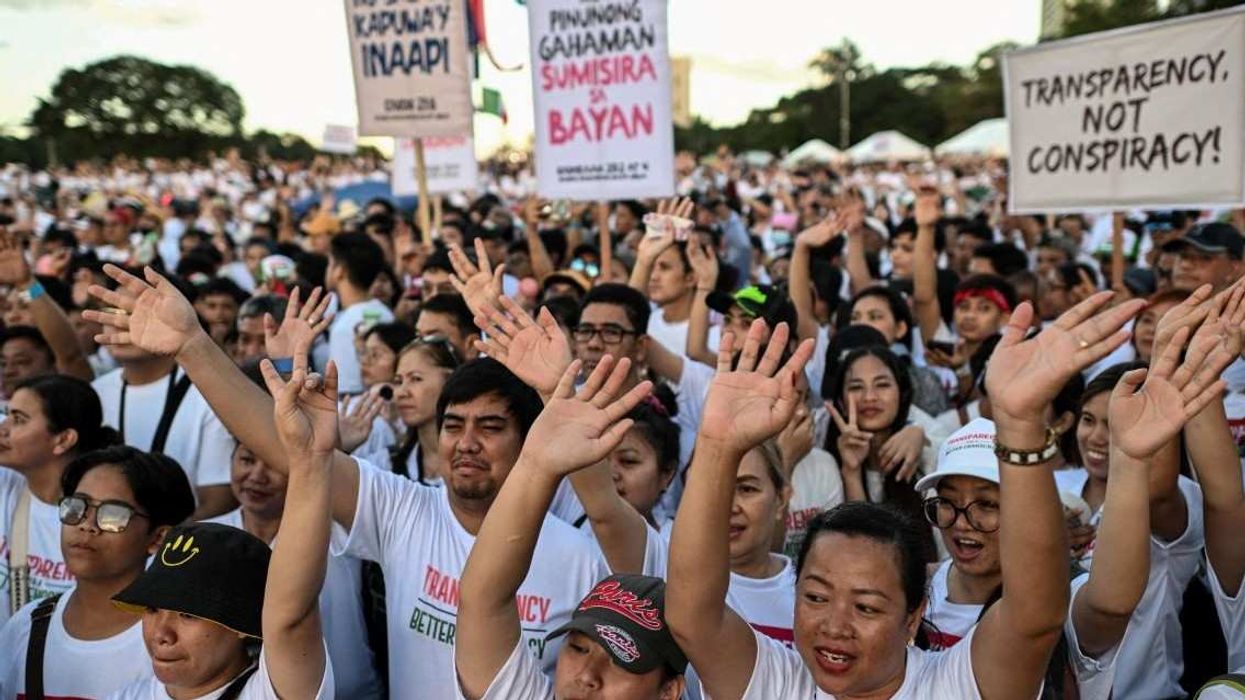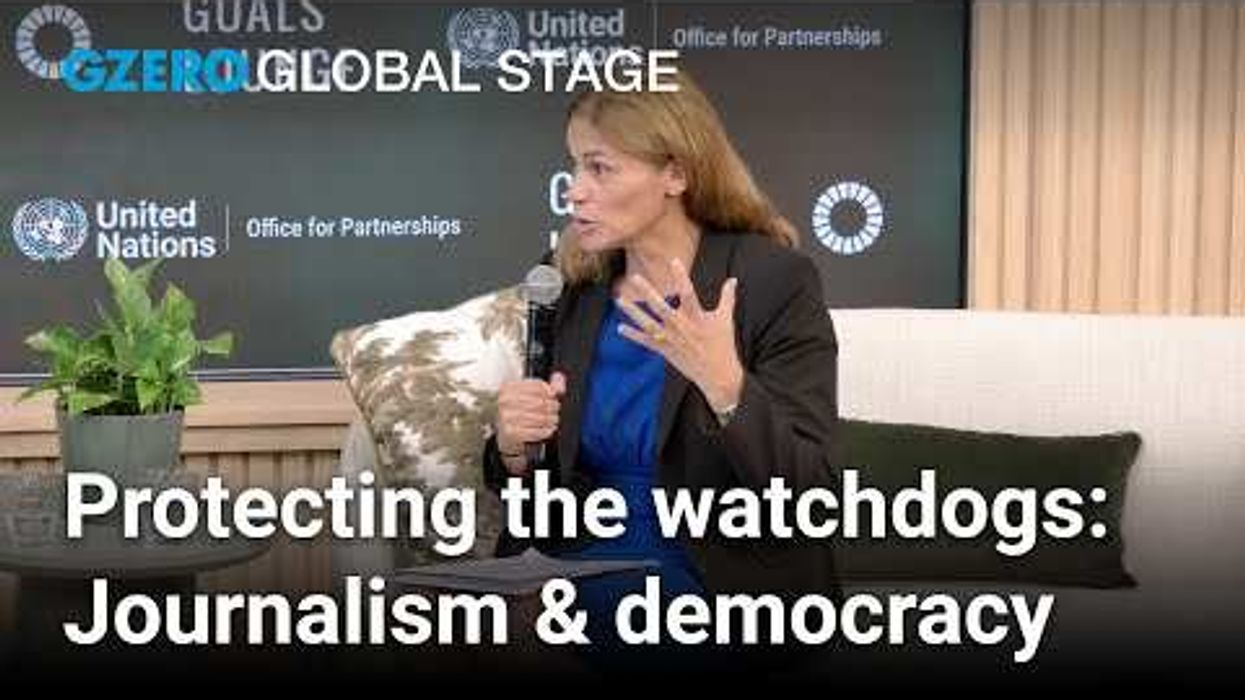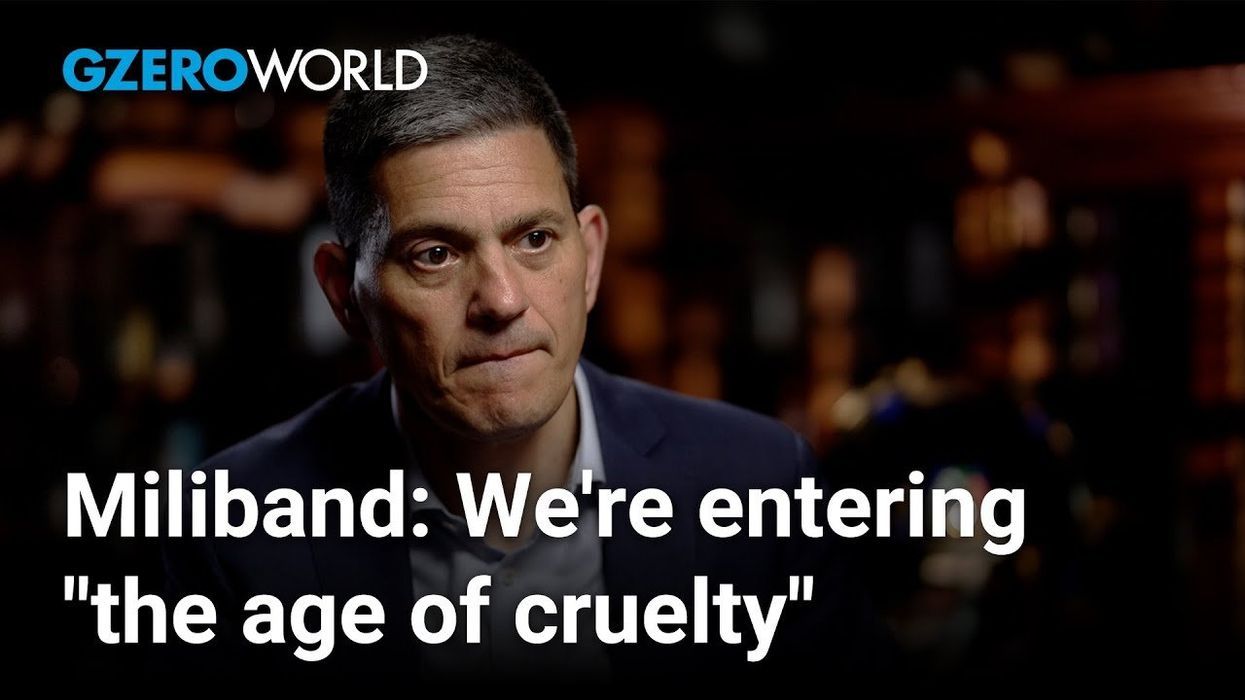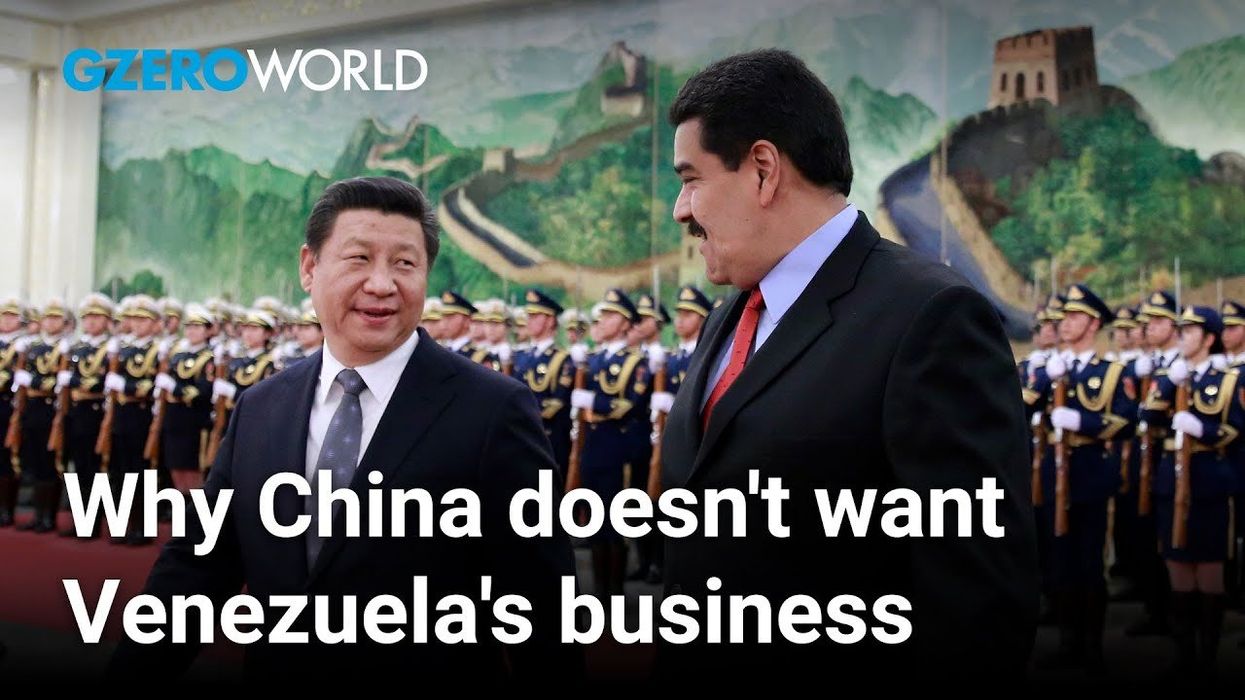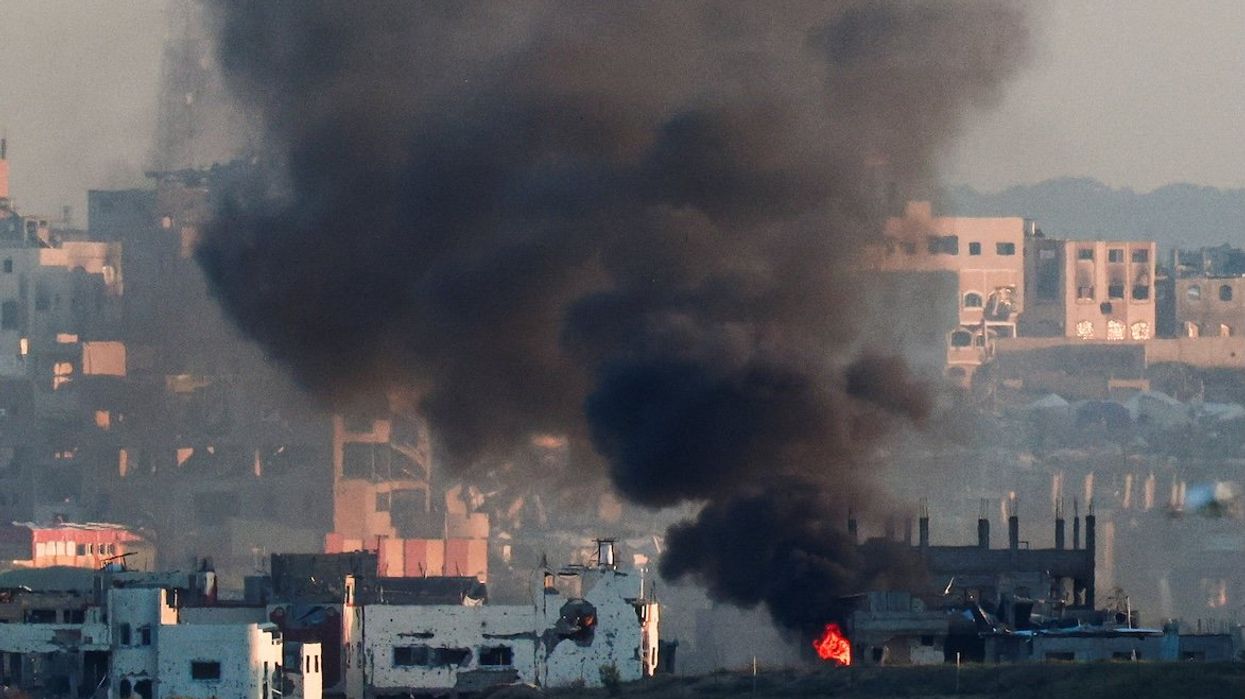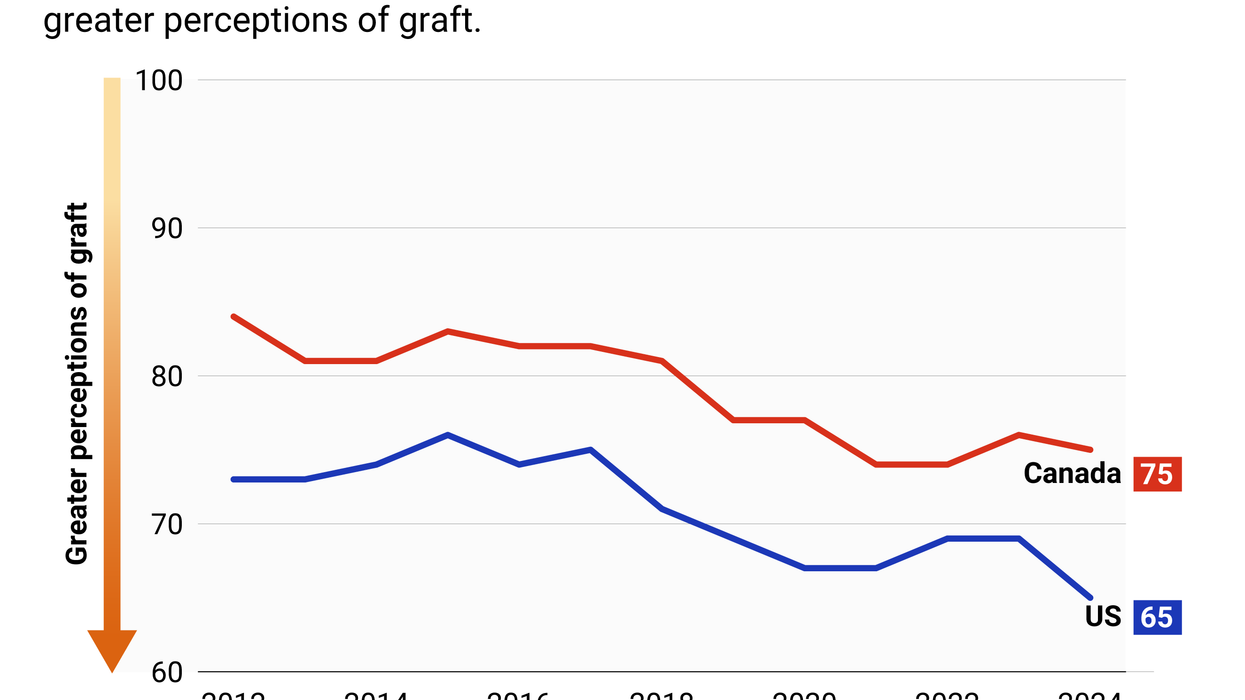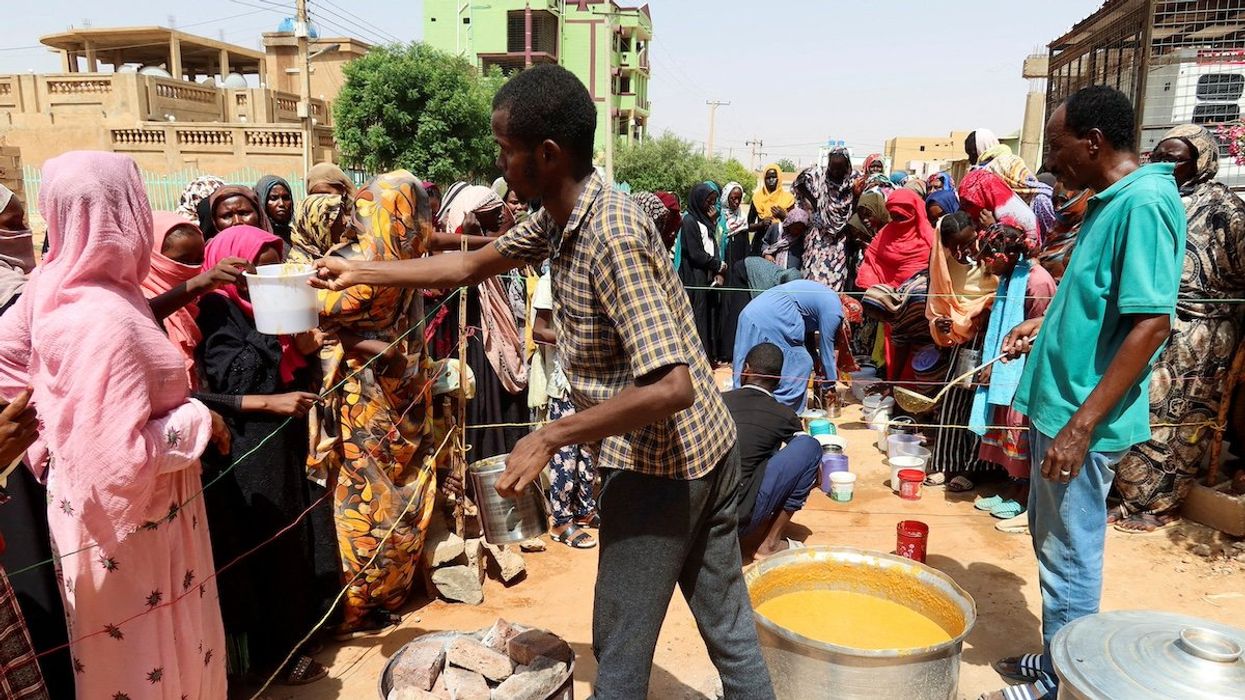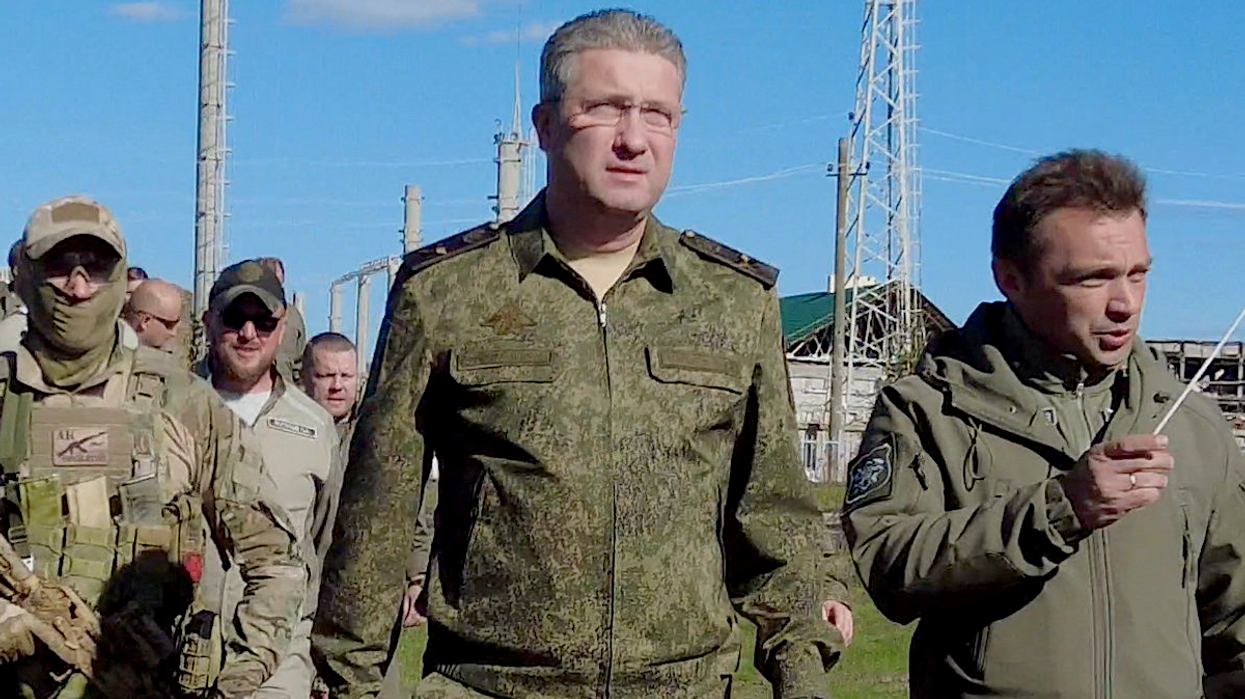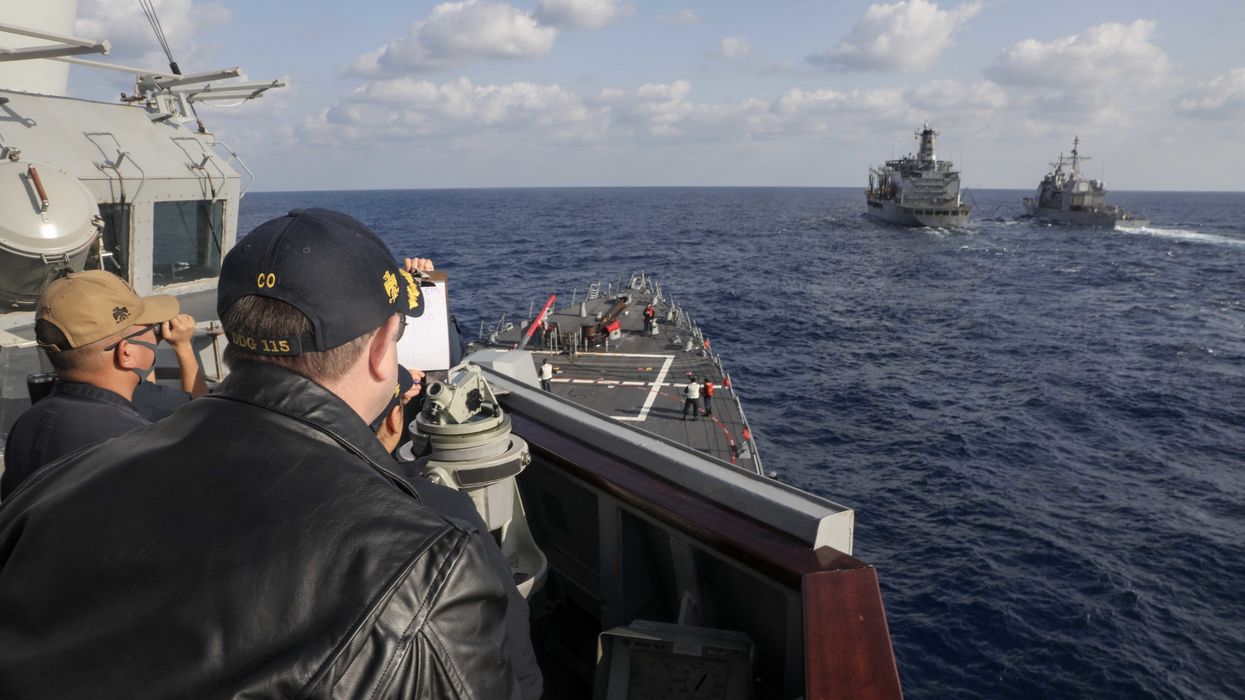What We're Watching
What We’re Watching: Anti-graft protests resurface in the Philippines, Polish railway hit, Trump flips on Epstein files vote
More than 200,000 people took to the streets of Manila, the Philippine capital, on Monday to protest against suspected corruption in flood-control projects.
Nov 17, 2025
